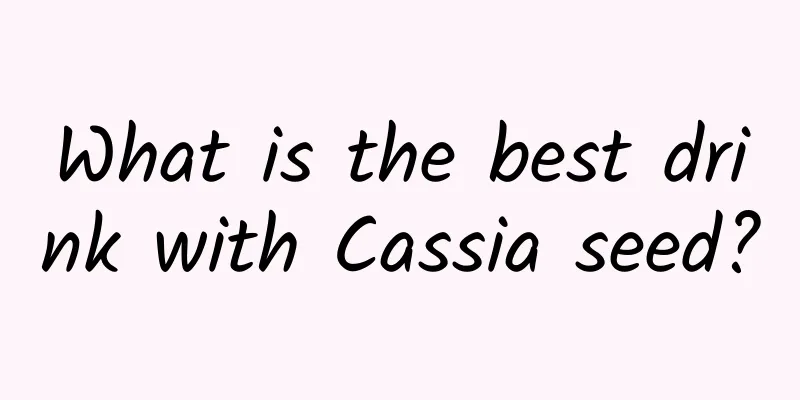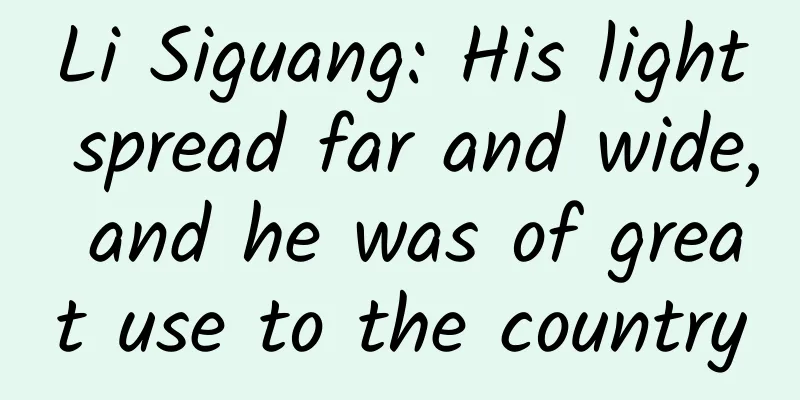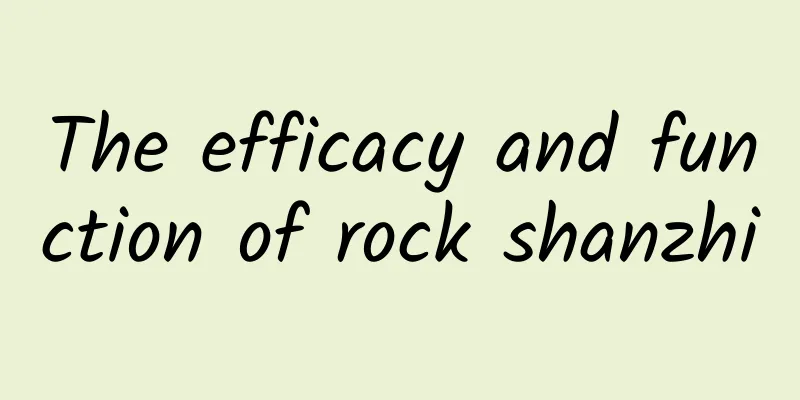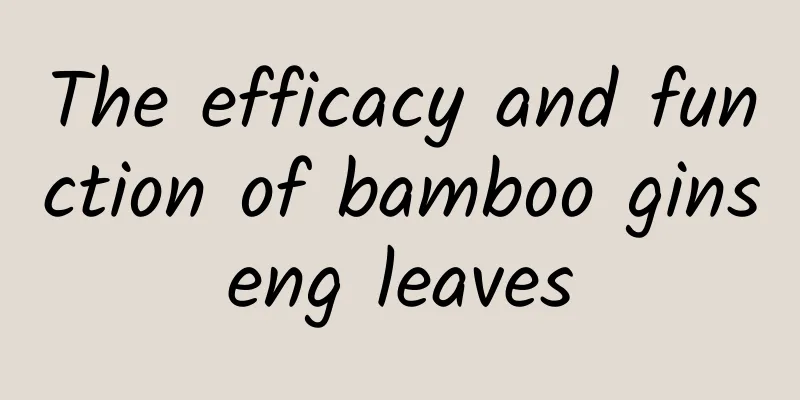The efficacy and function of rice flower
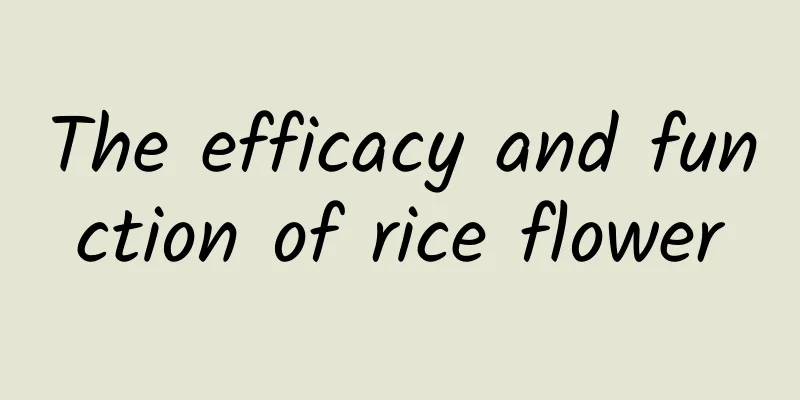
|
The medical value of rice balls is beyond our imagination. It is very effective in treating some diseases. Rice balls contain many substances that are beneficial to the human body. Let’s take a look. [Other names] Mountain honey; pickled sugar flower, Mingtang flower, big honey flower, bee sugar flower, bee tree flower [Source] Medicinal material source: leaves or root bark of honey tree, a plant of the Lamiaceae family. [Original morphology] Honey tree, shrub to small tree, 1.5-3cm high, covered with tufts of hair; leaves are elliptic-lanceolate, 10-23cm long, 5-9cm wide, gradually pointed at the apex, cuneate at the base, serrated at the edge, densely covered with grayish-white star-shaped hairs on both sides when young. The cymes are arranged into dense pseudospikes, 10-23cm long, 5-9cm wide, gradually pointed at the apex, cuneate at the base, with serrated edges, and densely covered with grayish-white stellate hairs on both sides when young. The cymes are arranged in a densely tubed pseudospike, 10-13cm long, terminal; the bracts are linear, about 1mm long, and densely covered with stellate hairs on the outside; the calyx is bell-shaped, 6-8mm long, and covered with stellate hairs and small protrusions on the outside; the corolla is white, pink or purple-red, with a long tube, 8-9mm long, and covered with clustered stellate hairs on the outside, the upper lip is slightly concave at the tip, the lower lip is 3-lobed, and the middle lobe is larger; there are 4 stamens, the front pair is longer, all extending out of the corolla, and the lower part is slightly pubescent, with 1 anther chamber; the ovary is 4-lobed, the style is longer than the stamens, and the stigma is 2-lobed; the disk is nearly annular. The nutlets are oblong-triangular, with a truncate tip. The flowering period is from November to March of the following year, and the fruiting period is from March to May. [Habitat distribution] Ecological environment: Growing in dry wasteland at an altitude of 1000-2600m, beside fields, roadsides, sparse forests on hillsides or in small tree shrubs. [Properties] Identification of properties: the leaves are mostly broken, wrinkled, yellow-green to yellow-brown, and the complete leaves are elliptical-lanceolate when flattened, 10-22cm long, and the young leaves are covered with pubescence on both sides; the petiole is 1.5-3cm long. 【Nature and flavor】 Bitter; Cool 【Functions and indications】 Clears away heat and detoxifies; promotes the removal of dampness and reduces swelling; sets bones and stops bleeding. It is mainly used to treat high fever, no sweating, nameless swelling, impetigo, carbuncle, fracture, trauma and bleeding. [Usage and Dosage] For oral use: decoction, 30-60g. For external use: take appropriate amount, crush the fresh product and apply; or grind the dry product into powder and apply. 【Excerpt】 Chinese Materia Medica The above is the introduction to Rice Ball Flower. I believe you will understand it after reading it. After knowing the effects and functions of rice balls, you can adjust them according to your own constitution. |
<<: The efficacy and function of Mingecao
>>: The efficacy and function of gelatin
Recommend
Is eating 200 of them equivalent to taking a chest X-ray? Can eating this radioactive fruit actually make people happy?
Expert in this article: Wang Silu, National Senio...
School is about to start! Learn how to check children's vaccination certificates for kindergarten and school admission →
As the school season approaches, many parents are...
White Peony Root and Licorice Decoction
Traditional Chinese medicine is a very common med...
What are the effects of geranium hydrosol
Everyone has a different way of caring for their ...
Do we need to worry about radiation in our daily lives?
When it comes to radiation, many people will thin...
The efficacy and function of blood ginseng
Traditional Chinese medicine is a Chinese traditi...
Asia Winter Science Popularization Issue 16丨Alpine Skiing: Dynamic Symphony of Force and Energy
First instance: Yu Qun Second trial: Suo Yingxing...
How to choose red wine?
Mixed Knowledge Specially designed to cure confus...
The efficacy and function of rock onion
Do you know what rock onion is? It is a kind of t...
The efficacy and function of wax bamboo
I believe many people are familiar with the Chine...
Efficacy, effects and contraindications of Eclipta prostrata
Many people may not have heard of Eclipta prostra...
Where does the poop on the plane go?
This issue is planned by: Doraemon, Little Dandel...
The efficacy and function of powder cream
There are many types of Chinese medicine. When we...
The efficacy and function of Chinese medicine Gardenia
Gardenia is a relatively common plant that can be...
The efficacy and function of lead powder
For many Chinese people, traditional Chinese medi...





